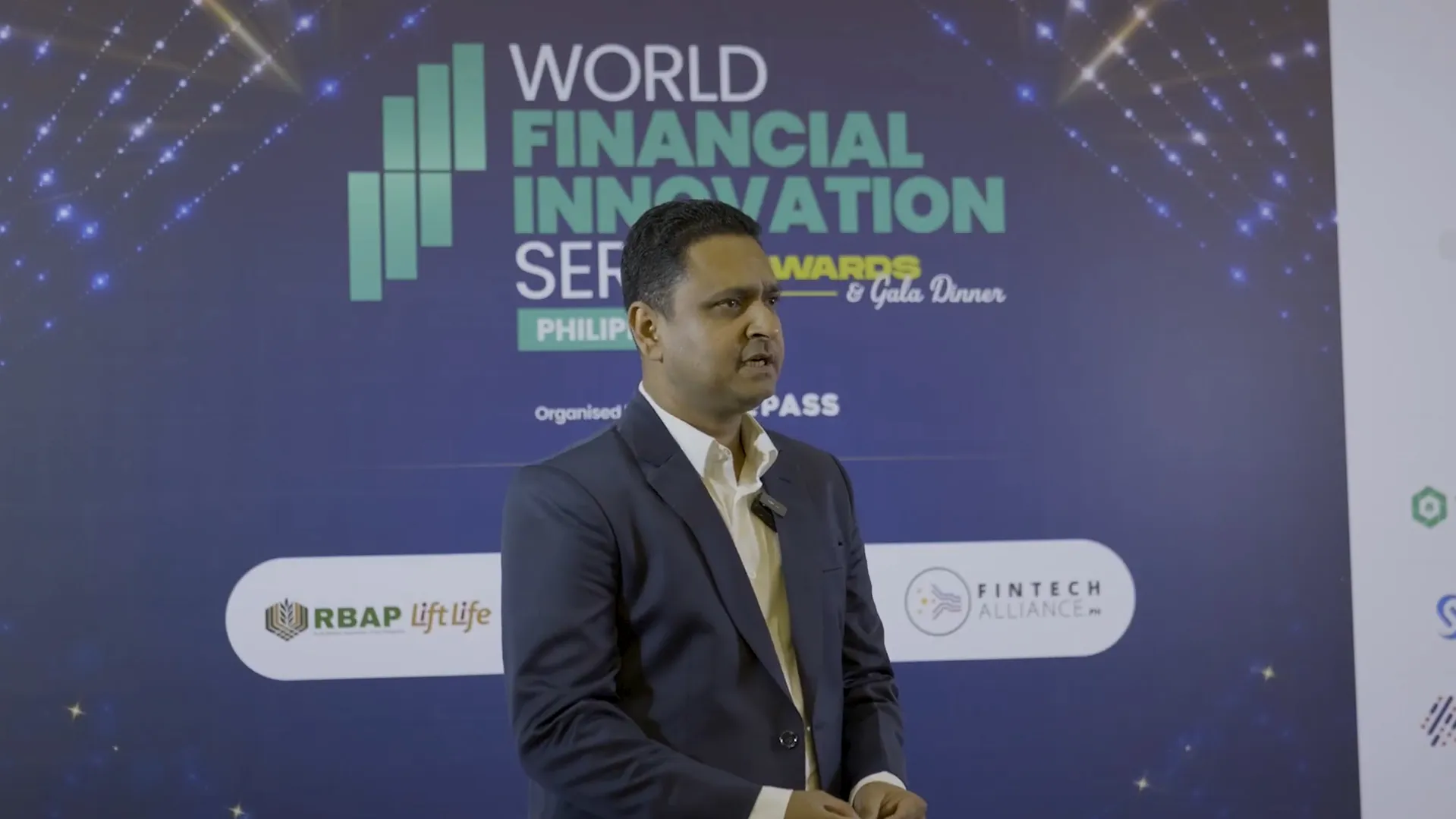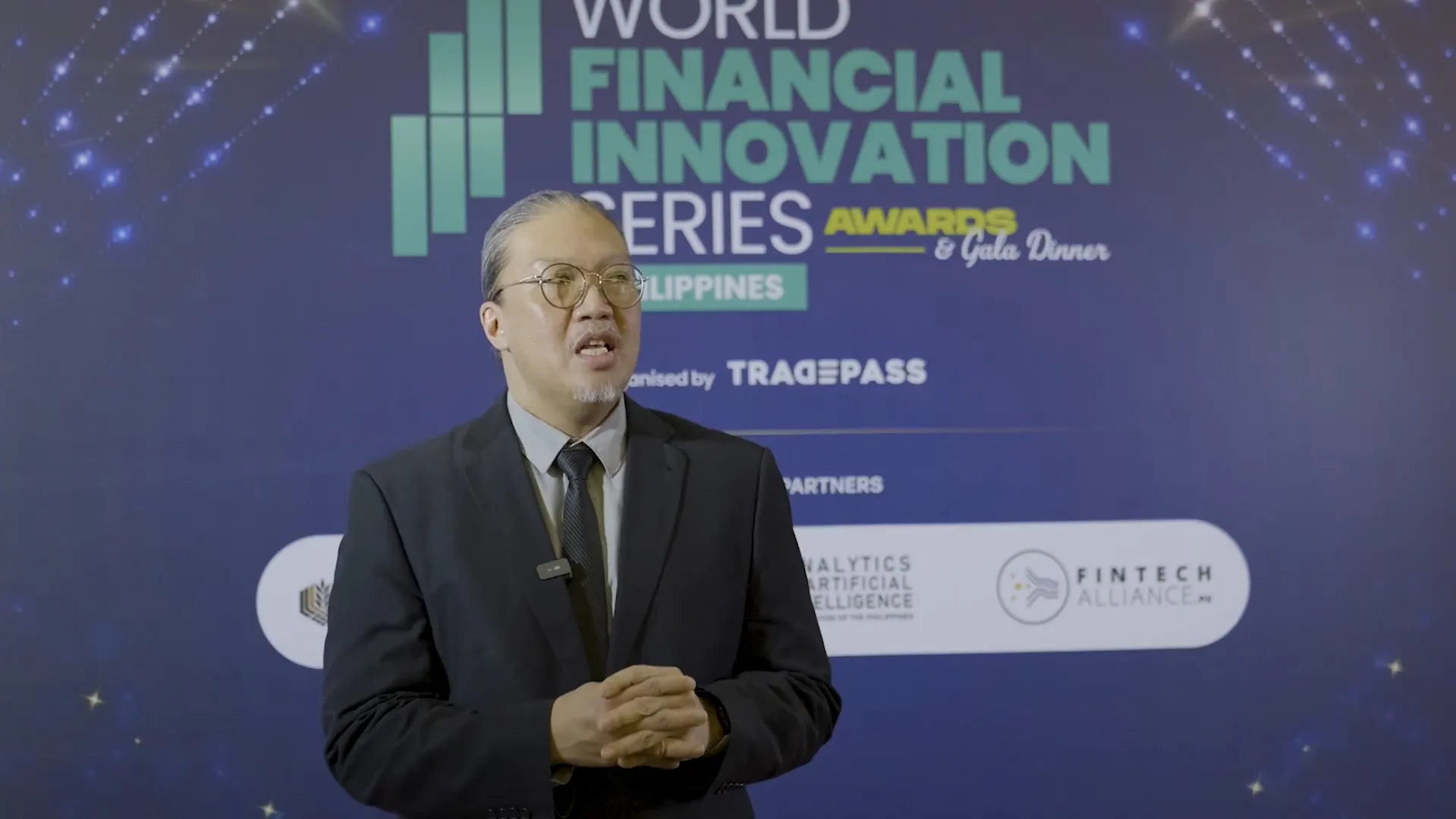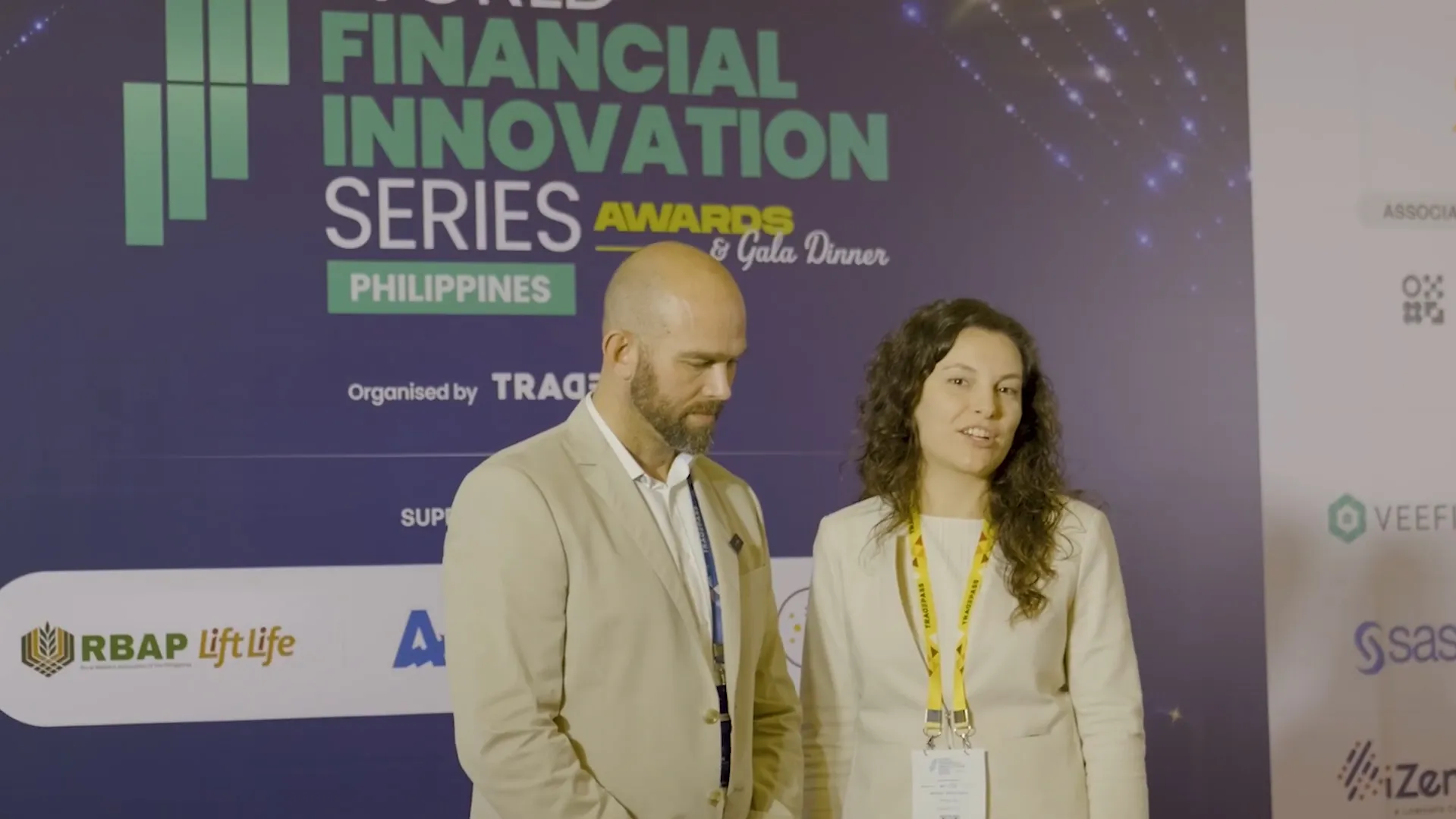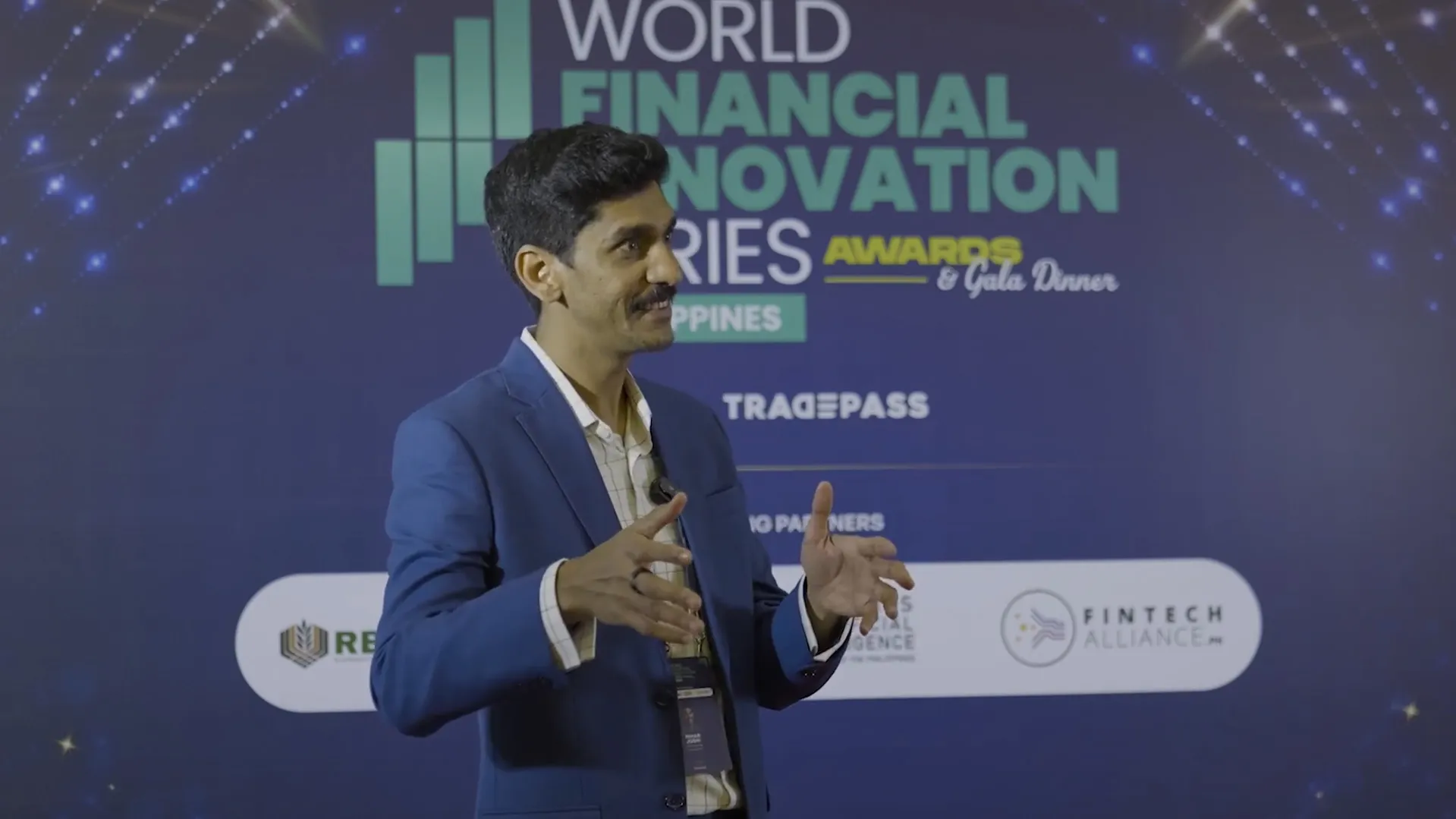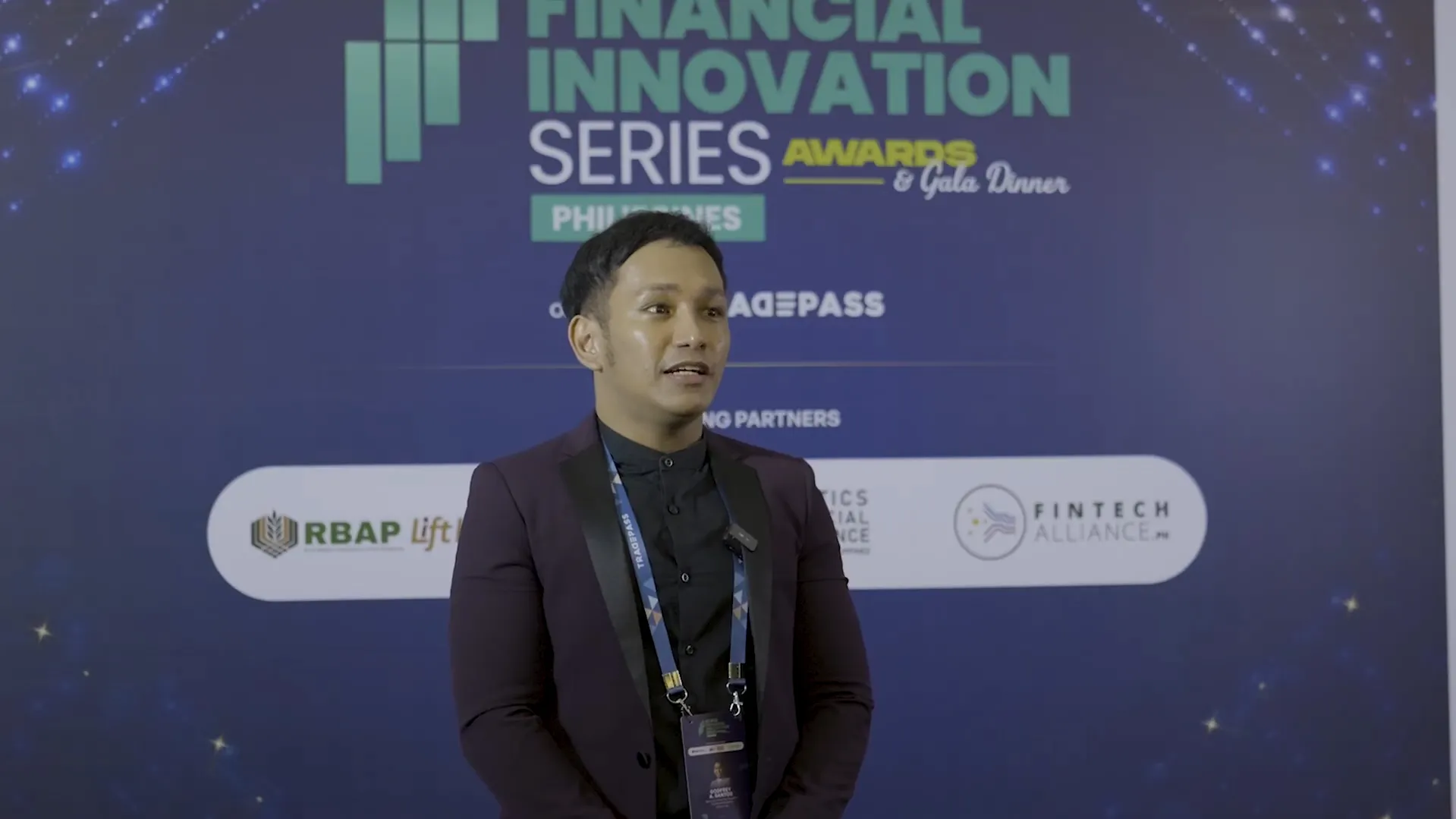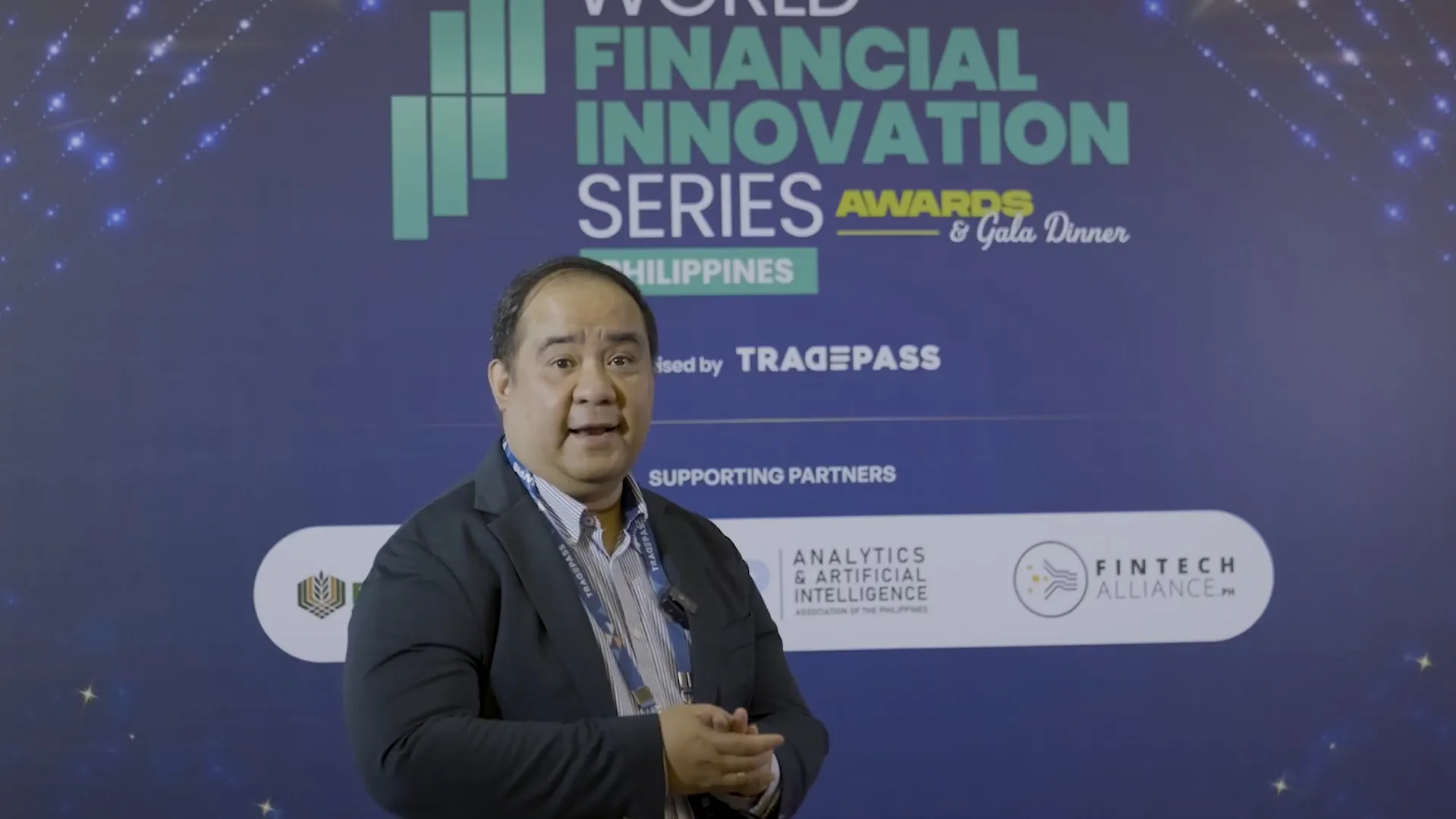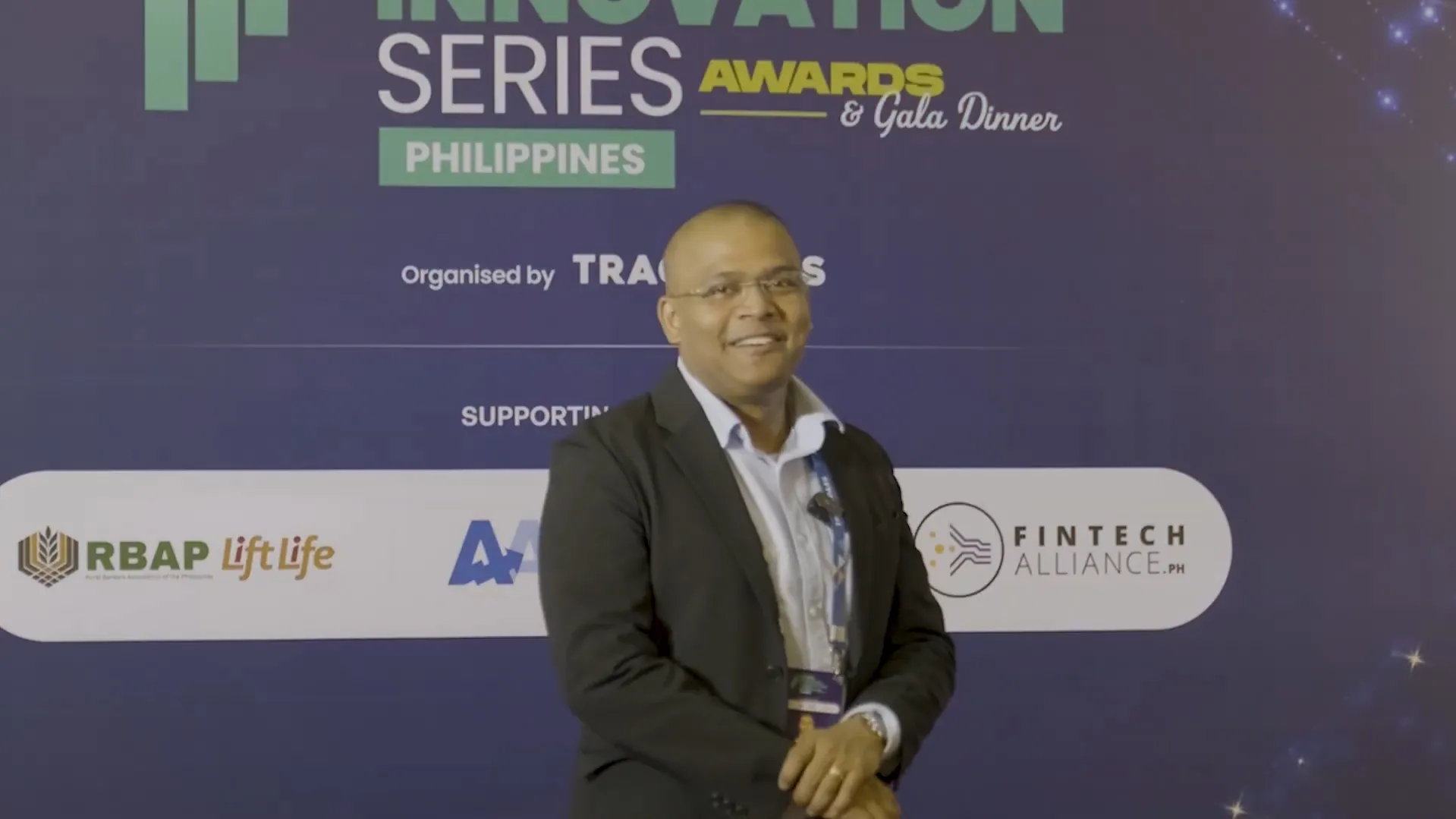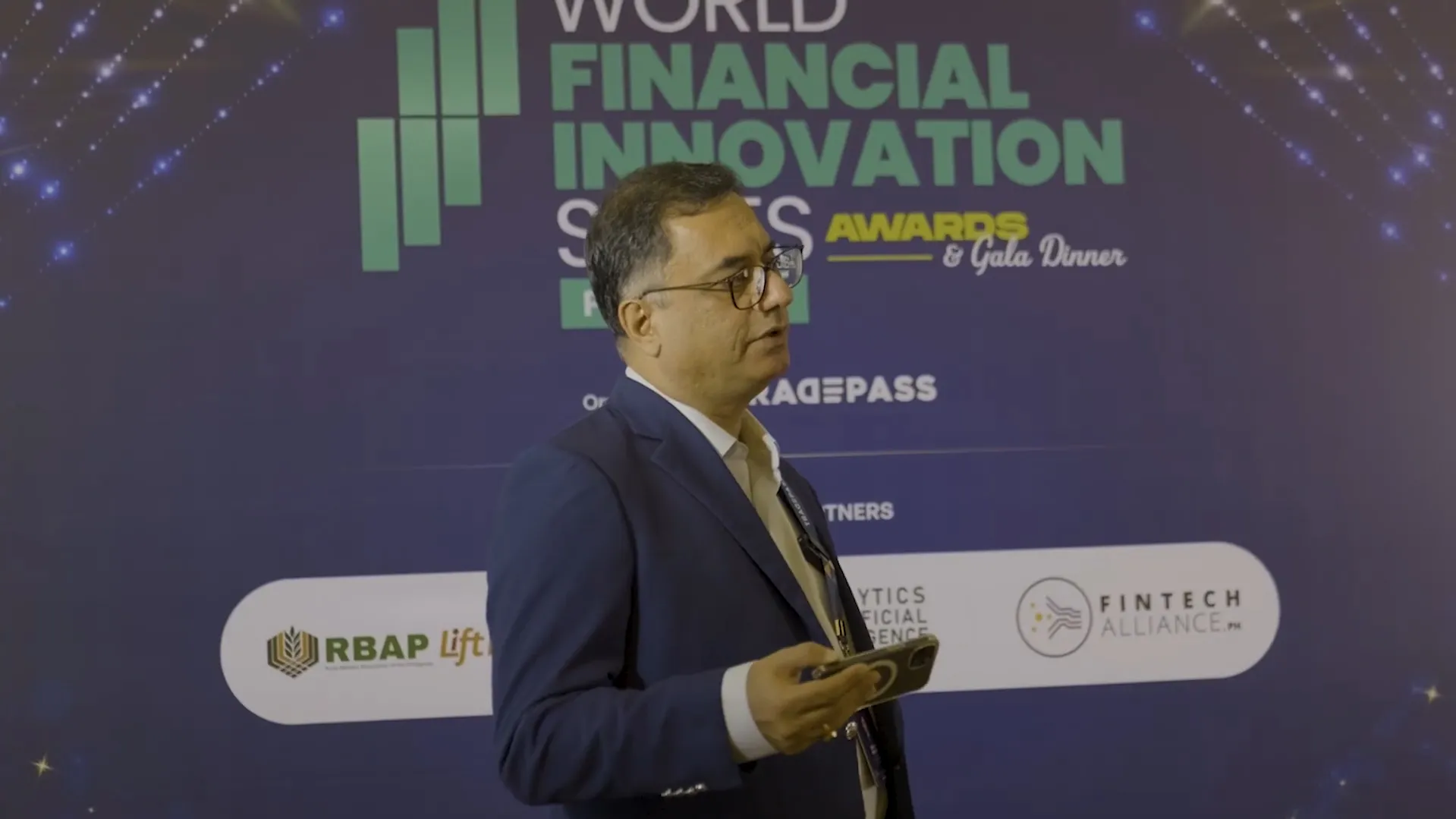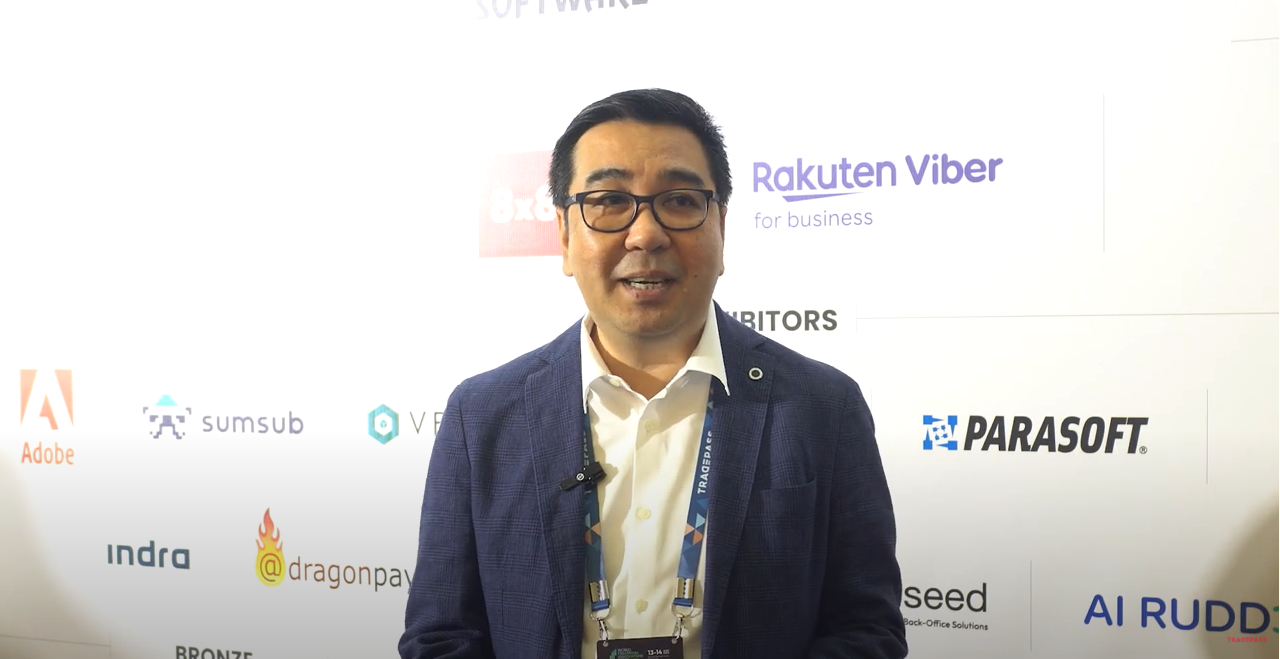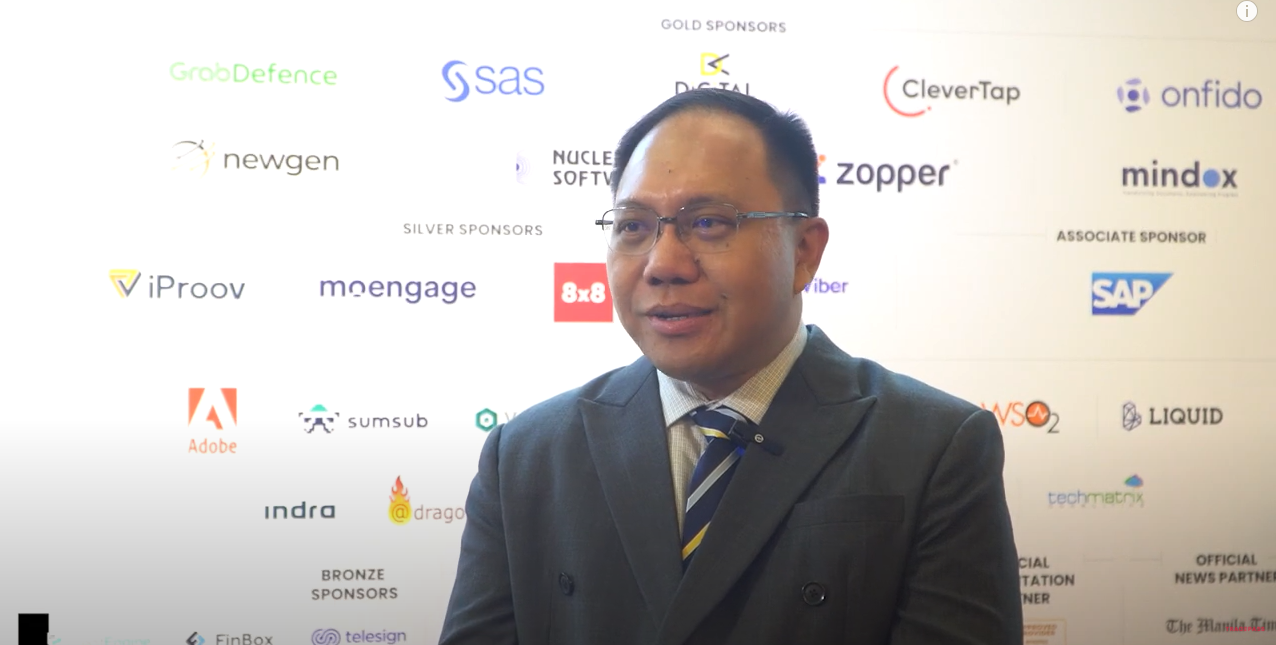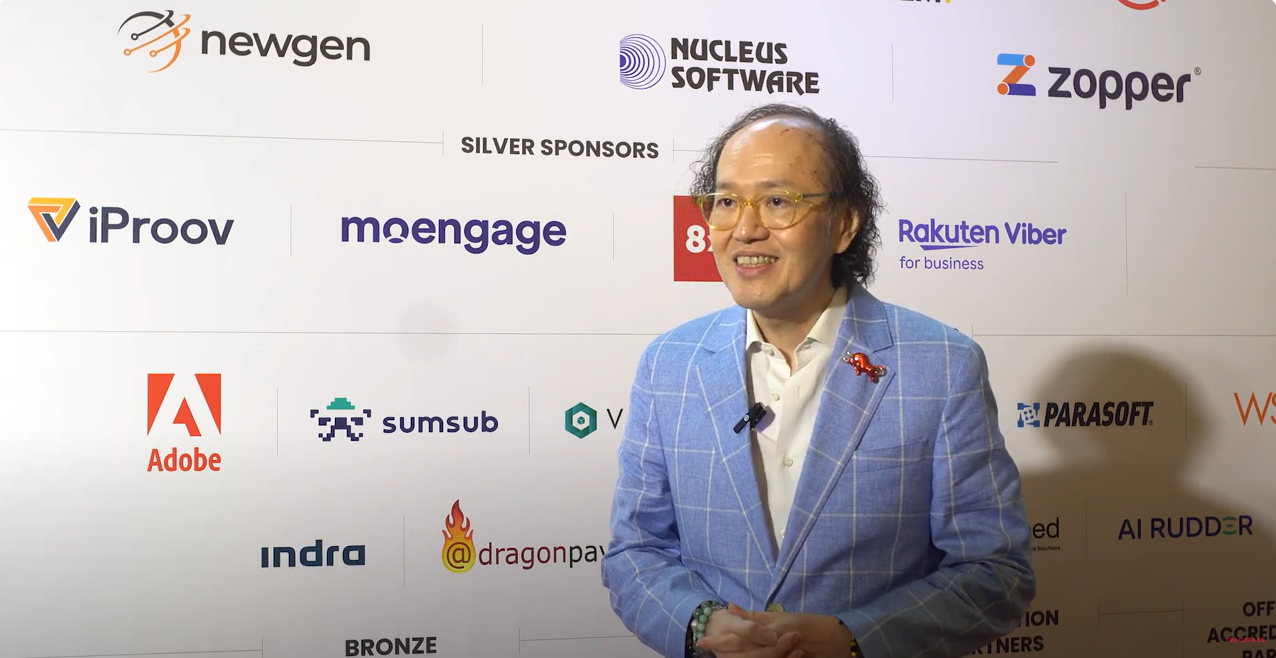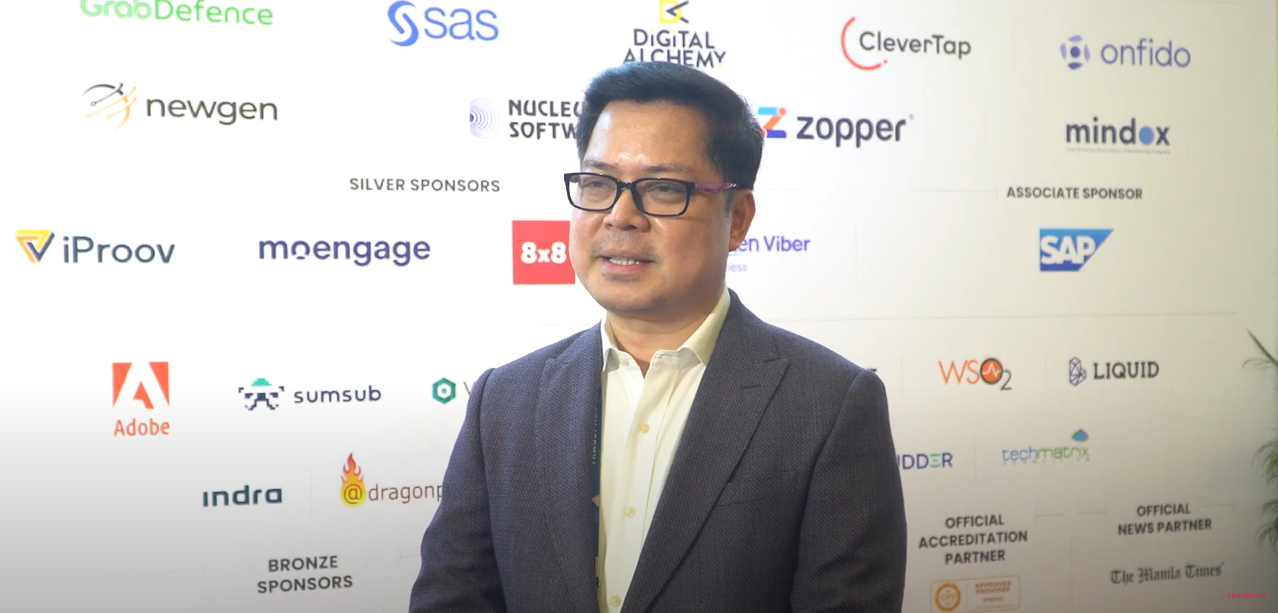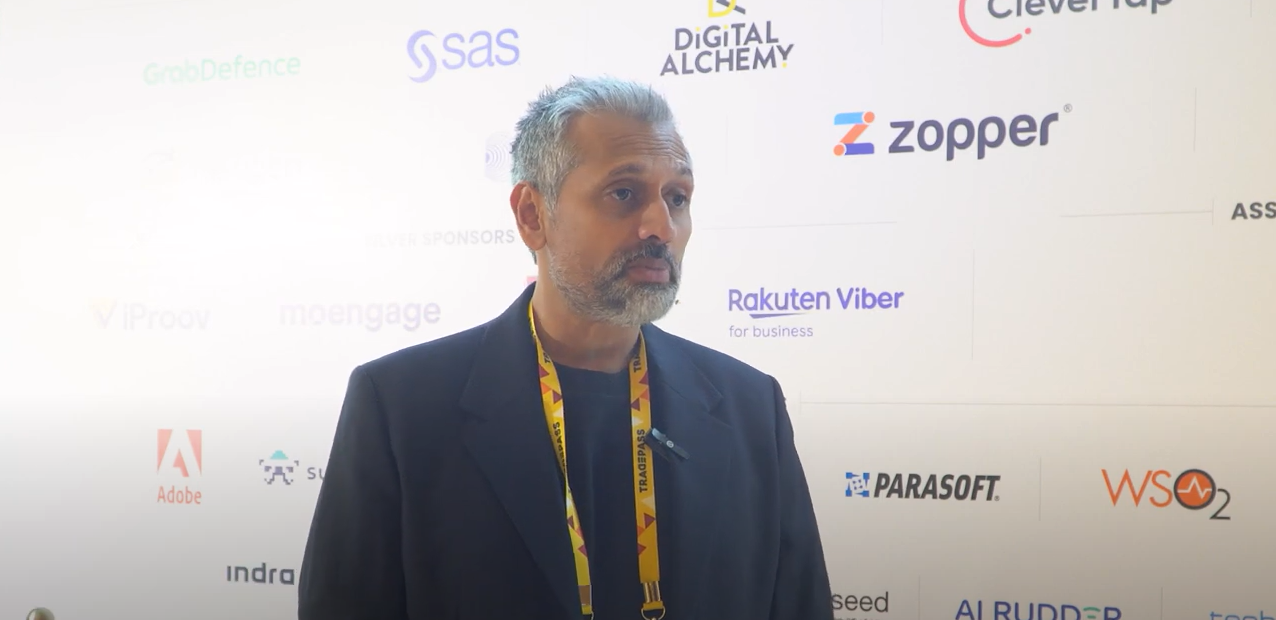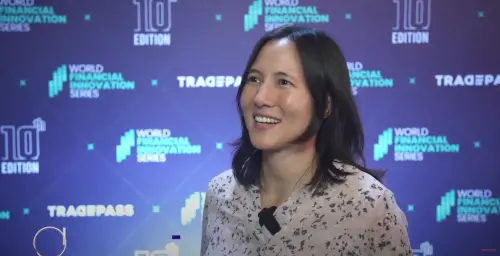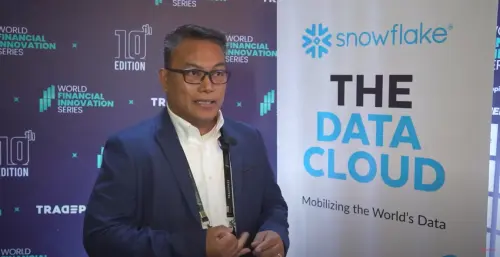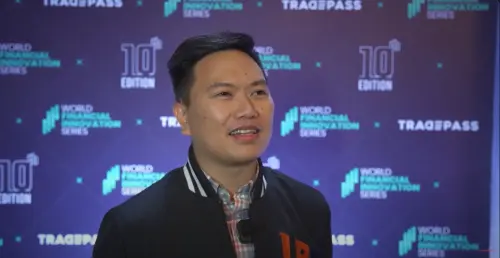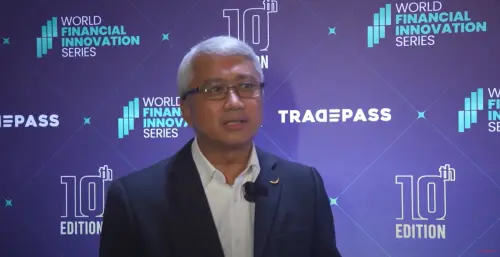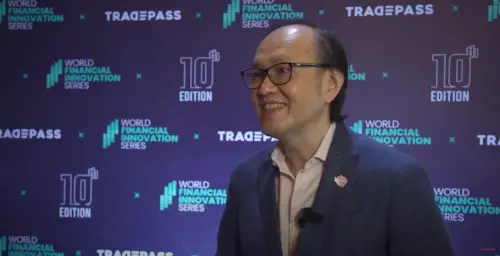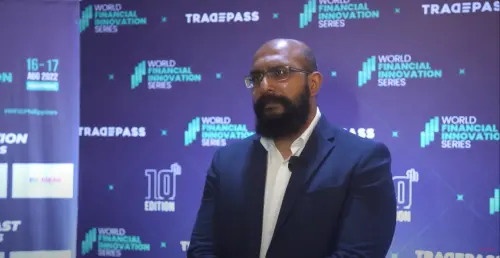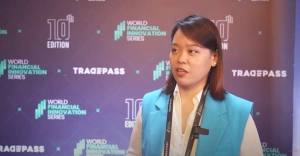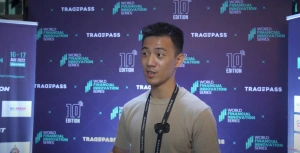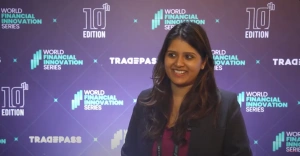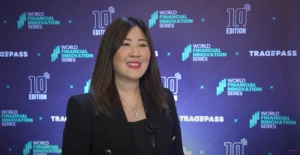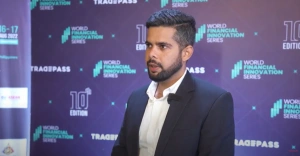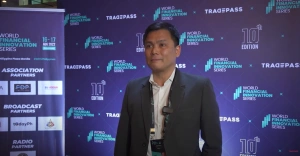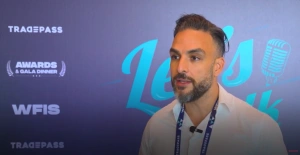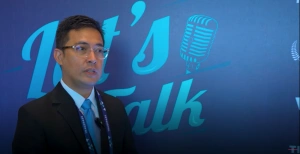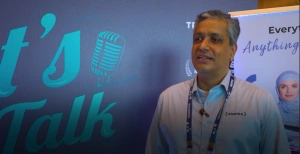SPONSOR ENQUIRY
DELEGATE ENQUIRY
BSP committed to fostering fintech innovations in the Philippines
Following widescale Filipino government initiatives like Digital Payments Transformation Roadmap 2020 to 2023, Open Finance Framework, National Strategy for Financial Inclusion 2022-2028 and others, the Central Bank of the Philippines (BSP) is racing to expedite the growth of fintech in the country.
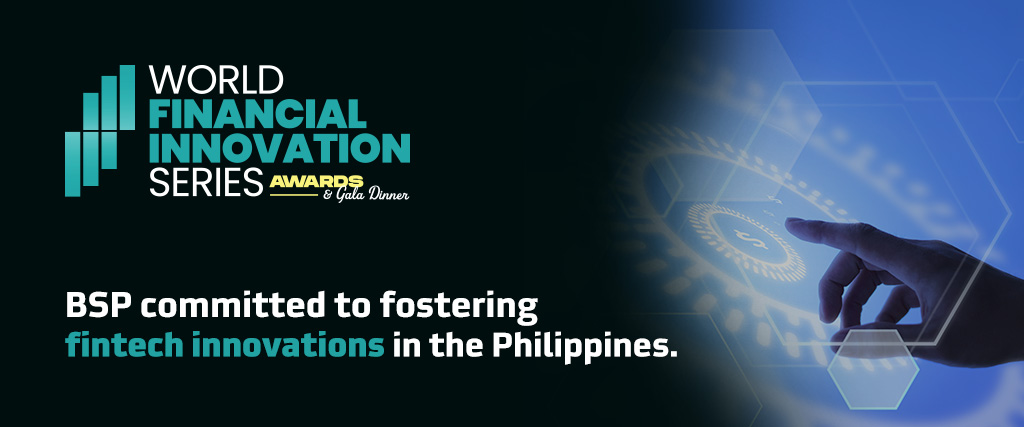
While fintech innovations in the Philippines are gaining rapid momentum, it’s not without BSP’s continued efforts with the government and private sector companies. So much so that even the Securities and Exchange Commission (SEC) has joined the former’s bandwagon in spearheading groundbreaking initiatives in the sector. Furthermore, to increase the adoption of digital financial products in the island country, government agencies like the Bureau of Internal Revenue (BIR) and the Bureau of Customs (BOC) are getting a complete digital makeover.
Giving a 360-degree view on the evolving sector alongside the many existing opportunities, the archipelago is also witnessing a surge in fintech events wherein the most awaited, World Financial Innovation Series (WFIS) 2024 – Philippines is scheduled for 13 – 14 August at Manila Marriott Hotel.
Learn more about the top 3 unmissable events in the Philippines!
Now, let’s look at the most noteworthy moves by BSP (Central bank of the Philippines) for the country’s fintech ecosystem.
1. The Philippine Open Finance Pilot (PH Open Finance Pilot): Launched in 2023, this initiative aligns with BSP’s objective of encouraging innovation-driven consumer data usage and contains an 18-month experimental phase to analyse advanced functionalities including account consolidation and credit analysis.
The core idea is to bring the financial institutions and third-party tech providers closer to leverage API technologies for creating an ‘open’ ecosystem. The initiative further aims to upgrade the delivery of financial products and services to meet the evolving needs of Indonesians.
The insights extracted through this synergy will play a pivotal role in developing an exclusive open finance framework for the Philippines.
2. E-Money Issuer License: The financial center of the Philippines aka BSP has extended the ban on new E-Money Issuer licenses till 15 December 2024. This goes to show the Central Bank’s unwavering focus towards evaluating the nation’s digital money market.
Furthermore, this extension of the moratorium also enables the Central Bank to prevent fraudulent usage and prioritize solid regulation and sustainability. With rampant fintech innovations in the Philippines, BSP is taking a careful stance while navigating the country’s evolving fintech space.
3. Repositioning Digital Banking Ecosystem: BSP is reconsidering the 3-year moratorium on digital bank licenses. While the moratorium came into effect in August 2021, its primary focus has been to nurture a competitive environment among digital banks and at the same time avoid oversaturation of the digital banking ecosystem.
In the wake of enquiries from both local and global entities, the Central Bank is reconsidering the situation and might open the doors for the procurement of digital bank license. At present, the Central Bank is also thoroughly analysing the prevailing digital banks’ business models to ensure sustainable growth.
4. Bank for International Settlements (BIS) to join hands with BSP (Central bank of the Philippines) for Project Nexus: BIS’ fintech initiative, Project Nexus is now pushing its horizon to include BSP and aims to connect Philippines’ domestic instant payment system with that of Indonesia, Malaysia, Singapore, and Thailand. Undoubtedly, this collaboration with BSP will nurture safe and efficient cross-border transactions utilizing mobile phone numbers. This move will go beyond the current bilateral agreements and will also harness the evolving fintech innovations in the Philippines to enhance the country’s cross-border trade.
Related Posts

